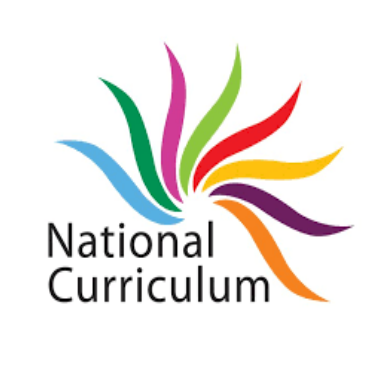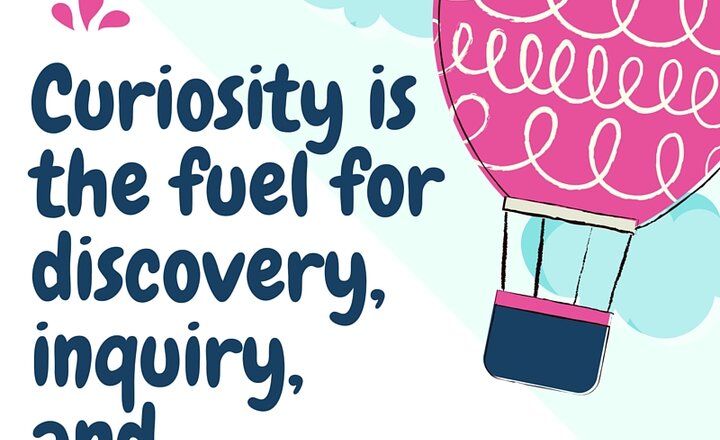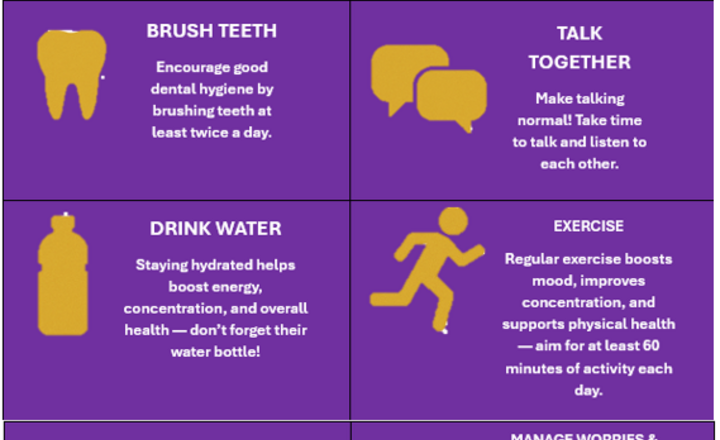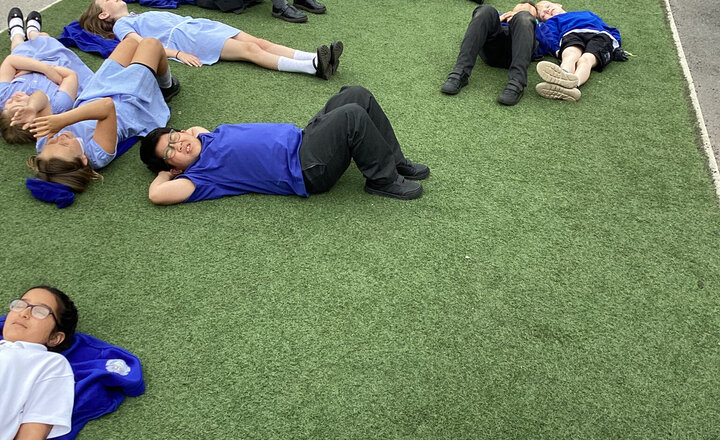Science
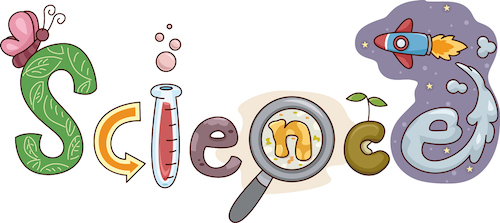
'The important thing is to never stop questioning' - Albert Einstein
Science at Chapelford
At Chapelford, Science a much-loved and exciting subject. We aim to ignite children’s curiosity about the world, which brings learning to life. We help children to develop the knowledge and skills they need to think, question, and act like scientists. Through a well-designed and carefully delivered curriculum, we inspire pupils to explore different scientific concepts.
Meet the Science Team
Mrs Bower is our enthusiastic Science Lead, always curious about how the world works and eager to inspire that same sense of wonder in our pupils. She loves exploring key questions, carrying out investigations, and encouraging everyone to think like scientists. Whether it's looking at the stars, studying plants or discovering how things move, Mrs Bower's curiosity helps make science exciting and hands-on across the school.
Mrs Farrell leads our Eco Schools work, helping us all to care for our planet and make our school a greener place to be. She enjoys spending time outdoors, gardening and finding creative ways to resuse and recycle materials. Passionate about sustainability, Mrs Farrell inspires our school community to protect the environment and take pride in looking after the world around us.
Intent
At Chapelford, we are passionate about creating the scientists of the future. Our Science curriculum is designed and delivered to inspire curiosity, develop understanding, and nurture a lifelong love of learning about the world around around us.
I’m Mrs Bower, the Science Lead, and I have always been a curious learner. When I was younger, I loved taking part in science experiments at school and building the confidence to ask questions about different concepts. I want to build the same curiosity in every child at Chapelford.
Through our well-sequenced and carefully structured curriculum, children build upon their scientific knowledge and skills year after year. We explore biology, chemistry and physics and also enable pupils to have real- life experiences of Science in their locality.
We bring Science to life through engaging lessons and enrichment opportunities. By doing so, we help children make meaningful connections with the world around them, the wonders of discovery and their own curiosity.
Our goal is for every child to leave Chapelford with an understanding of the world in which we live, to have a deep curiosity and the the ability to think like a scientist. With this, children will have the confidence to seek answers to their own scientific questions. Above all, we want our children to love learning about Science.
Implementation
At Chapelford, our Science curriculum is carefully mapped out from EYFS to Year 6, ensuring a clear progression of both knowledge and skills. This enables children to build upon what they already know and deepen their understanding as they move through school.
We place a strong emphasis on scientific vocabulary, ensuring pupils learn, use, and apply key terms needed to deepen their understanding. Regular revisit and review opportunities are embedded into our lesson structure which supports the children in recalling previous taught concepts.
Each lesson is driven by an enquiry question, which helps guide pupils’ thinking and supports them in answering the overall enquiry for each unit. Learning is recorded in children’s individual Science books, showcasing a variety of engaging activities from practical investigations to concept cartoons.
In every topic, we focus on a ‘game changer’ — a significant individual or place within the scientific world whose actions or influence has a lasting impact. This helps children understand and link their learning to people who have impacted the world we live in today in different ways. This also inspires children to develop their aspirations for a future career within science.
At the beginning of each lesson, pupils take part in a ‘revisit and review’ activity designed to refresh prior knowledge and build confidence. We also enrich our curriculum through hands-on opportunities, such as meeting visitors, practical ‘hands on’ investigations and residential trips.
Our approach ensures that learning is accessible and inclusive for all pupils, with lessons carefully adapted to meet the needs of every learner.
Impact
At Chapelford, our Science curriculum enables children to develop a deep understanding of the world around them. All pupils leave our school with a secure understanding of working scientifically – from observing over time to pattern seeking - and they develop the ability to use topic specific vocabulary.
Through regular opportunities to revisit and apply prior knowledge, children are able to make meaningful connections across different scientific skills. They can confidently talk confidently and passionately about the Science curriculum and demonstrate curiosity, enthusiasm and pride in their work. They enjoy sharing their knowledge, discussing their opinions and explaining why things impact the world in which we live.
Most importantly, they love learning about Science and carry that sense of wonder and curiosity with them as lifelong learners.
Find Out More
At Chapelford, we encourage children to continue exploring Science outside of school. There are so many fascinating ways to find out more about the world we live— through books, websites, and local places that bring our topics to life.
Websites to Explore
The National Geographic for Kids website is a wonderful way to explore biology, chemistry and physics. There are many games, quizzes and even experiments for children to explore.
Explorify features a wide range of through provoking science activities.
BBC Bitesize explain many scientific concepts with short videos and quizzes.
NASA have a website which focuses on games, videos and fun facts about Earth and space
Chester Zoo have a page dedicated for children to learn about animals and sustainability.
Books to Read
-
See Inside Your Body by Katie Daynes: A flap book that makes learning about the human body fun and interactive.
-
The Rabbit Problem by Emily Gravett: Uses a relatable story to introduce concepts like population growth and maths.
-
Amy Gets Eaten by Christopher Edge: A humorous introduction to how the body digests food
-
Inside the Body: An extraordinary layer-by-layer guide to human anatomy by Joelle Jolivet: A detailed, layered guide to the human body.
-
The Jamie Drake Equation by Christopher Edge: A space-themed story about the search for alien life.
-
Max Einstein by James Patterson: A fun story based on scientific laws like relativity and motion.
-
Anisha, Accidental Detective series by Aimée B.~Lockwood: Features a STEM-loving heroine in an engaging mystery series.
Places to Visit
-
Science and Industry Museum, Manchester – interactive displays, exhibits.
-
Formby Beach (National Trust) – You can see ancient human and animal footprints preserved in the sand — perfect for linking to early humans and their lives.
-
Catalyst Science Discovery Centre, Widnes – Discover the history of industry and science in our local area.
-
Local Walks around Chapelford and Warrington – Explore how the area has changed over time and connect learning to our local history topics.
-
World Museum, Liverpool – Explore natural history displays, including animal and dinosaur skeletons and other science- related exhibits.
Science is all around us — from the places in our community to the exhibits in museums. By exploring these books, websites and places, you can continue to ask questions, make discoveries, and keep your love of Scince alive!
Click on the National Curriculum image for the National Curriculum programme of study for Science.
.jpg)


